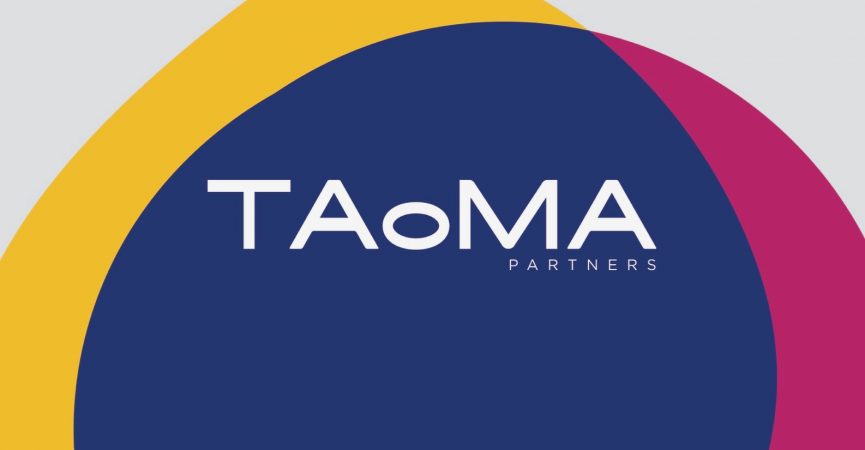
BREXIT and European intellectual property rights: United Kingdom is in transition until December 31, 2020, but what’s next?
The United Kingdom left the European Union on January 31, 2020. However, from an intellectual property point of view, the United Kingdom is still part of the European Union since a transition period has been put in place until December 31, 2020.
The TAoMA News team closely follows these changes and explains the impact of Brexit on your rights.
TRADEMARKS
First of all, if you were wondering whether your European Union trademarks are still valid in the United Kingdom, the answer is YES but only until December 31, 2020!
We explain hereafter the situation of European Union trademarks according to different scenarios.
1st situation: European Union trademarks registered until January 1st, 2021
No change to be expected until December 31, 2020, for:
- The registered European Union trademarks;
- The European Union trademarks currently under pending registration and the trademarks filed by the end of the transition period and which will be registered by December 31, 2020;
- The European Union trademarks expiring before December 31, 2020, and duly renewed before that date (or within the grace period).
For all these trademarks, the UK Office will automatically create equivalent national trademarks on its register. These British equivalencies will be completely independent from the initial EU trademarks but will retain the corresponding filing and priority dates.
The good news is that no action and no cost should be incurred by trademarks owners.
The owners will not be notified by the UK Office and will not receive new registration certificate of their equivalence, but they will be able to access the details of their new trademarks on the UK Office website indicating the EU trademark number, preceded by the reference “UK009”.
Furthermore, these trademarks will have to be renewed before the UK Office when they expire as any national UK trademarks.
If an EU trademark owner does not want to obtain an equivalence, opt-out measures (renunciation to obtain an equivalence) will be possible as of January 1st, 2021, (the corresponding form which will be available on the website gov.uk should not be published before that date).
2nd situation: European Union trademarks in the process of being registered on January 1st, 2021
For the European Union trademarks filed before but not yet registered on January 1st, 2021, applicants will enjoy a period of 9 months (from that date, i.e. until October 1st, 2021) to request the maintenance of their rights in the United Kingdom and have their original European filing date retained.
However, contrary to the registered trademarks, trademarks under pending registration at the end of the period of transition:
- Will only be transposed as national trademarks at the request of the owner within 9 months (otherwise, no equivalence will be created);
- Will be examined by the UK Office as any new trademark application;
- Will be subject to the payment of fees (in the order of £170 for 1 class and £50 for each additional class).
3rd situation: European Union trademarks expiring between January 1st and June 30, 2021
The equivalent trademarks transposed by the UK Office that expire between January 1st and June 30, 2021, will have to be renewed, as will the corresponding European trademark.
The UK Office will send, as far as possible, a reminder to the holder of the expiring equivalent trademark, inviting him to pay a renewal fee.
Given the circumstances, trademark owners will enjoy an additional period of 6 months from the receipt of the reminder from the UK Office to renew their trademarks in the United Kingdom (without surcharge).
Finally, the UK Office already specified that the early renewal of the European trademarks with the EUIPO before December 31, 2020, will not affect the equivalent British trademarks and will not exempt the owners from payment of the British renewal fees.
4th situation: International trademarks designating the European Union
Equivalent measures should be provided for international trademarks designating the European Union.
However, a particularity is to be expected since the British equivalence will be independent of the international trademark. The WIPO will soon provide us with details on the measures planned for these trademarks and the possible actions required by the owners concerned.
5th situation: What about the use and reputation of the European Union trademarks?
Finally, we close this paragraph on trademarks by specifying that the use and the reputation of the trademarks in the European Union, even outside the United Kingdom, in the 5 years preceding the end of the transition period, i.e. December 31, 2020, may be validly invoked in the United Kingdom.
DESIGNS
The same measures will be transposed to the designs, including unregistered Community designs for which a specific register will be created by the UK Office.
This measure is reassuring for the owners of such rights since, unlike conventional registered designs, an unregistered Community design confers a (more limited) protection for a non-renewable period of 3 years from the date of its first publication to the public on the territory of the European Union.
OTHER CONSEQUENCES
However, the Brexit could have a significant impact on contracts (coexistence agreements, engagement letters, licenses), on pending legal actions in United Kingdom as on the the date of January 1st 2021 based on an EU trademark or design, on opposition proceedings before the EUIPO on the basis of UK trademarks, or for .eu domain names registered on behalf of British owners, etc.
Consequently, we recommend you proceed with audits of your current portfolios, contracts and procedures in order to anticipate at best as possible the consequences of the effective exit of the United Kingdom from the European Union.
The entire TAoMA team is mobilized on these issues and remains at your disposal to support you during this transition period.
Marion Mercadier
Juriste
Laura Fretaud
Stagiaire juriste